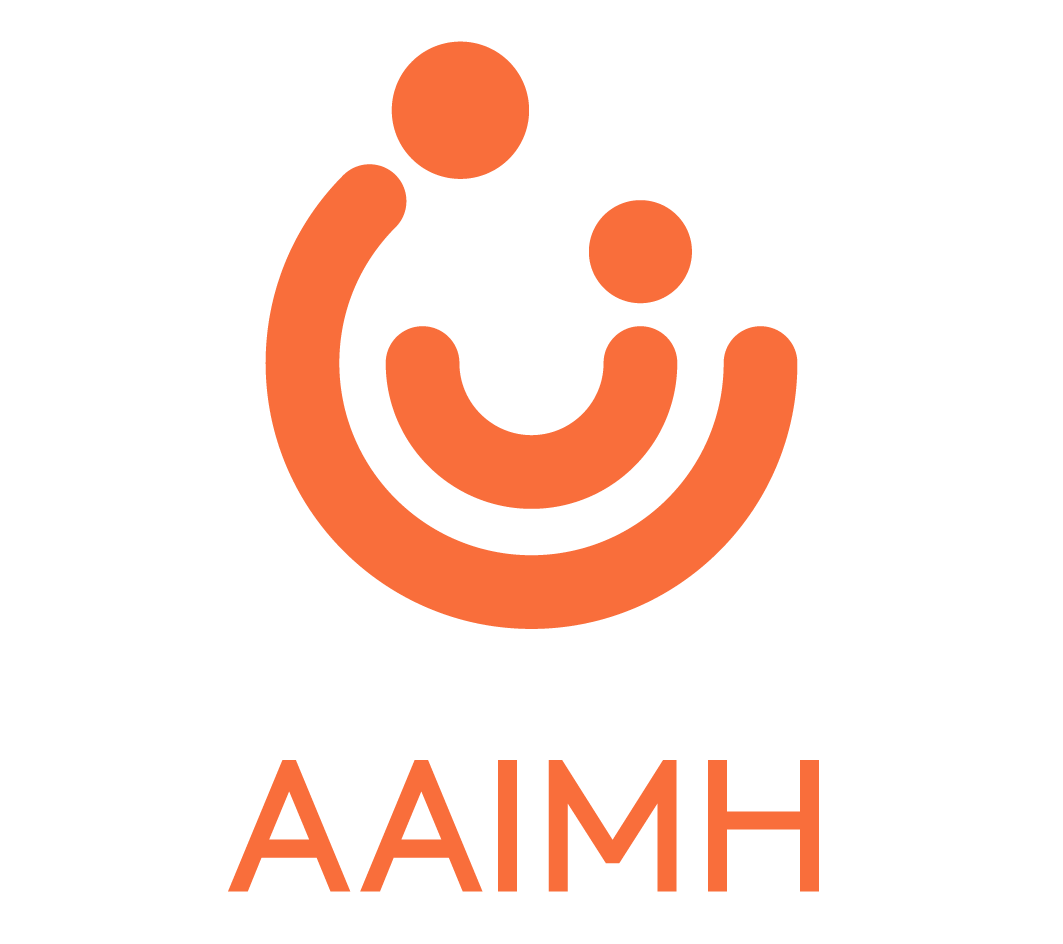Resources for Families Affected by Fires
Emotional responses in infants and young children facing bushfires and how to help them
The Australian Association for Infant Mental Health recognises the distress and strength and courage of families with infants, toddlers and young children affected by the current Australian bushfire crisis. The crisis is still not over and many are facing continued uncertainty and anxiety. The families of firefighters, many from fire affected communities, are also living with high levels of stress. Our thoughts are with you all at this very challenging time.
Some parents may be wondering how much their infant or toddler will have been affected by the fire situation and uncertain about how to support their children and how to talk about the fire.
AAIMH has identified a number of resources that you may find helpful in understanding and supporting your child. Some of them specifically relate to children experiencing bushfires whilst others are responses to disasters, in general. The information will be useful for parents and carers of young children, as well as adults engaged as First Responders, Early Childhood Educators, Health Service Workers and those working in the Media.
Birdie’s Tree is a suite of resources, from the Children’s Health Queensland Hospital and Health Service, to help families with babies and young children recover from the emotional effects of natural disasters. It includes storybooks in nine different languages, games and information for families with babies and young children.
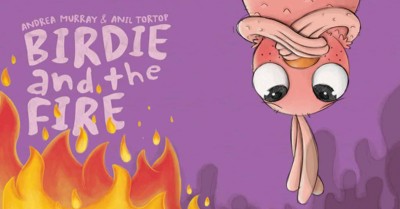
Birdie and the Fire is a story about Birdie and her friends who must get away from a bushfire. It’s a story for young children about recovering from fires. Read the book here
Another fire-specific resource in the Birdie’s Tree suite is an information sheet ‘Recovering Together after a Natural Disaster - Fire
Information and Activity Sheet for Families with Babies and Young Children’ which can be accessed here
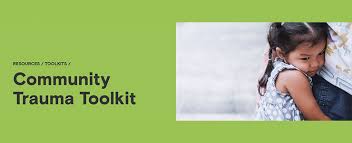
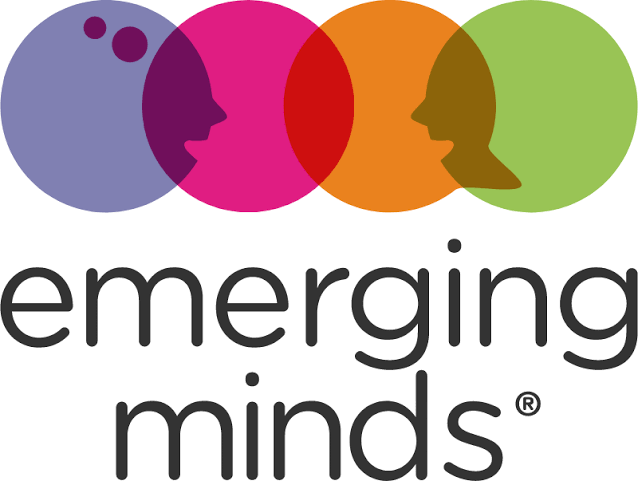
You may also like to refer to the Emerging Minds Community Trauma Toolkit. This toolkit contains resources to help and support adults and children before, during, and after a disaster or traumatic event. It will help you understand some of the impacts of disaster and how you can help lessen these impacts.
The information in this Toolkit is grouped into the timeframes surrounding a natural disaster or traumatic event: preparedness; immediate; short-term recovery; and long-term recovery. The resources are tailored to the following audiences which you can select after choosing your timeline: Parents and Caregivers; General Practitioners; Educators; Community Leaders; First Responders, and Members of Health and Social Workforces.

The Red Cross has produced an Australian guide to supporting people affected by disaster. This Psychological First Aid Guide is for people working in disaster preparedness, response and recovery. It provides an overview of best practice in psychological first aid following disasters and traumatic events.
Read ‘Psychological First Aid: A guide to supporting people affected by disaster’ here
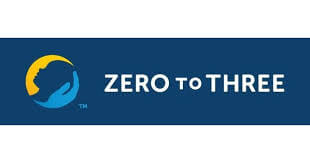
Coping After a Natural Disaster
Zero to Three (based in the USA) has provided a link to a resource for parents to help them understand how babies and toddlers can be affected by a disaster, and what parents can do to help their child cope. Even very young babies can feel the effects of disaster. It is important to talk to them directly using simple words, just as you would with a toddler or older child.
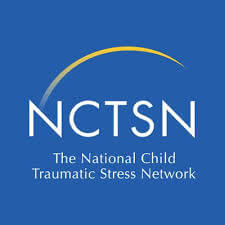
The National Child Traumatic Stress Network
(NCTSN, USA) has sent AAIMH a list of resources they thought might be useful for families and communities facing bushfires.
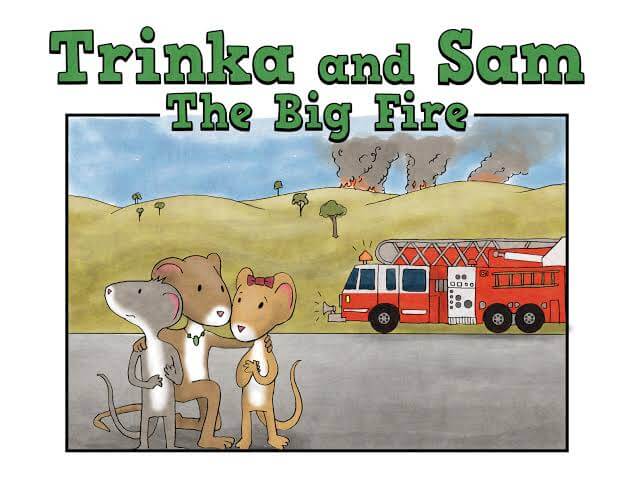
One of the NCTSN resources is this children’s e-book which helps young children and their families talk about feelings and worries they may have after experiencing a large-scale fire, like a bushfire. A caregiver guide is available in the back of the book that provides ways parents can use the story with their children.
The NCTSN also has guidelines
for parents specifically related to helping children impacted by bushfires and a tip
sheet
for helping infants and toddlers after disasters.
Resources in Response to the Australian Wildfires
In response to the wildfires in Australia, the National Child Traumatic Stress Network has shared resources they have developed to help families and communities. These resources include:
- Trinka and Sam: The Big Fire - e-book for young children.
- After the Injury—website for families with injured children
- Health Care Toolbox—website for pediatric health providers working with injured children
Psychological First Aid
The NCTSN also has resources for responders on Psychological First Aid (PFA). PFA is an early intervention to support children, adolescents, adults, and families impacted by these types of events. The PFA online training course (Free-of-charge for members of the public, professionals and students) is available on the NCTSN Learning Center. PFA Handouts include:
E-Learning Courses
- For providers working with firefighters, take the Helping Heroes web-based training from the Medical University of South Carolina and National Fallen Firefighters Foundation USA (Free-of-charge for members of the public, professionals and students)
http://training.helping-heroes.org/user/login
- For community and mental health providers who plan to continue working with affected communities long-term, Skills for Psychological Recovery (SPR) is available on the SPR Online course ( USA) https://www.nctsn.org/resources/skills-psychological-recovery-spr-online.
Mobile Apps
Available from the Center for the Study of Traumatic Stress at the Uniformed Services University and
other partners:
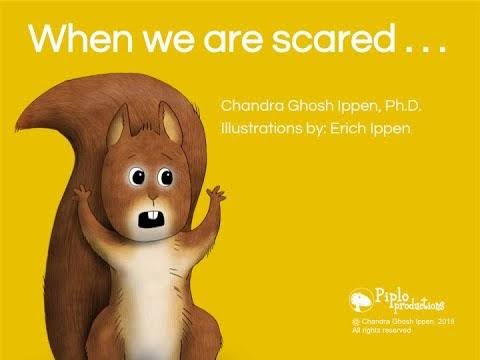
You may also like to watch this free webinar by Chandra Ghosh Ippen (2018) offered
to AAIMH by Chandra to help people understand common reactions to stress and trauma told through story.

Parents and carers of infants and young children are encouraged to look after their own mental health, as your well-being is crucial to your child. It is important to pay attention to your self-care at this time, which includes spending time with supportive adults as well as protecting yourself from distressing footage in the media.
Babies and toddlers might not know there’s a fire but disasters still take their toll - read this article in The Conversation on 13th January 2020 here
Reflective Supervision
Health and Social Welfare professionals alongside Volunteers are encouraged to engage in Reflective Supervision alongside Self and Other Support whilst and following Disaster Recovery Work. The potential and possibility for Vicarious Traumatization and its impacts are Key Considerations for workers in Disaster Areas and are merited for discussion in Supervision and other supportive environments. Working with distressed infants and parents /caregivers at any time is evocative and demanding. As in all Infant Mental Health work, regular, reliable, safe reflective Infant Mental Health oriented supervision is crucial to the wellbeing of all parties.
Please remember to look after yourself when you are tasked with looking after others, whilst working in demanding environments where uncertainty and heightened arousal states abound.
If required, please contact your State or Territory AAIMH Branch for further info.
